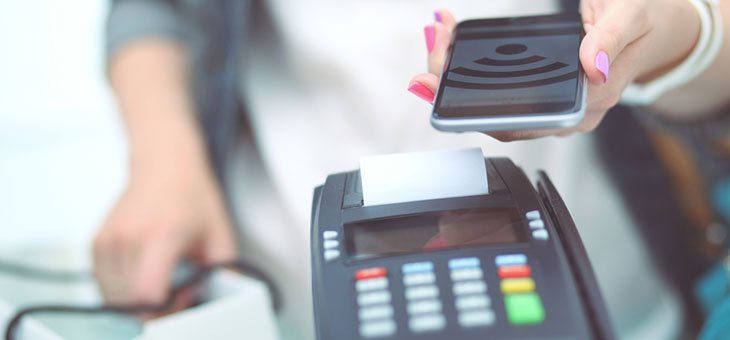The spread of the novel coronavirus has forced many retailers to ask customers to look after staff health and forgo cash payments in favour of cards.
Tap and go is the way to go in these troubling times.
Does this mean we are seeing the start of a cashless society?
Some countries are already well on the way to becoming completely cashless.
Sweden is already on the verge of becoming the world’s first completely cashless society.
The Reserve Bank of Australia’s New Payment Platform (NPP) makes electronic payments faster and easier and brings Australia into line with the rest of a world increasingly heading towards cashless systems.
Some money experts predicted that Australia could become a completely cashless society by the end of 2020.
Six months ago, that may have seemed a far-fetched idea. However, with the spread of COVID-19 and the many vendors now refusing cash payments, and the widespread and increasing use of tap-and-go payment channels and other digital transactions, we could see a cashless way of life a lot sooner.
According to a report in UK newspaper The Telegraph, the World Health Organization (WHO) was pushing people towards contactless payment options “because infectious COVID-19 may cling to the surface [of cash] for a number of days”.
However, WHO spokesperson Fadela Chaib said the organisation was “misrepresented”, asserting it “did NOT say that cash was transmitting coronavirus”.
“We were asked if we thought banknotes could transmit COVID-19 and we said you should wash your hands after handling money, especially if handling or eating food,” said the spokesperson.
Small Caps has already predicted that “governments would use the coronavirus pandemic to their advantage to start the transition to digital currencies among passing draconian laws on its citizens”.
Cash has been on the way out for some time.
Australia has already considered removing the $100 note from circulation and banning cash transactions over $10,000.
Welfare payments in some areas are only made available via cashless systems.
According to a 2016 Reserve Bank of Australia survey, 37 per cent of respondents made payments in cash, compared to 69 per cent a decade earlier. The RBA says that “the share of cash transactions is likely to have declined further since”.
The number of ATM withdrawals in Australia has fallen by an average of five per cent per year since 2013.
“The reduced use of cash for transactions over the past decade largely reflects consumers preferring to use debit and credit cards for their in-person payments, including for lower-value payments,” said the RBA.
China wants to introduce a full digital currency system that would see digital tokens swapped with the current Yuan currency.
The US last week offered a $US2.5 trillion coronavirus stimulus bill that could lead to the implementation of a digital dollar.
Central banks in the European Union, South Korea, Canada, Russia, Saudi Arabia, United Arab Emirates, Singapore, and Switzerland have been exploring the introduction of digital currency.
While many may lament the loss of cash, some say a cashless society will be safer, simpler and more efficient.
Governments the world over claim that getting rid of cash would help with policing the black economy and recouping billions of dollars in unpaid taxes.
However, with a cashless society comes the potential loss of personal freedom and privacy.
Accounts can be hacked. Cash cannot. Authorities may also be able to cut you off from your own finances or take your financial assets for many reasons and access to your money would be dependent on technology.
Many people also find it easier to control their finances with cash.
Combined Pensioners and Superannuants Association (CPSA) spokesperson Paul Versteege also believes that older Australians are anxious of such change. And, considering hacker activity and online fraud is on the rise, he may have a point.
How do you feel about a cashless society?
If you enjoy our content, don’t keep it to yourself. Share our free eNews with your friends and encourage them to sign up.
Related articles:
Do you fear a cashless society?
Is the $100 note on its way out?
Will cash be obsolete in 10 years?

